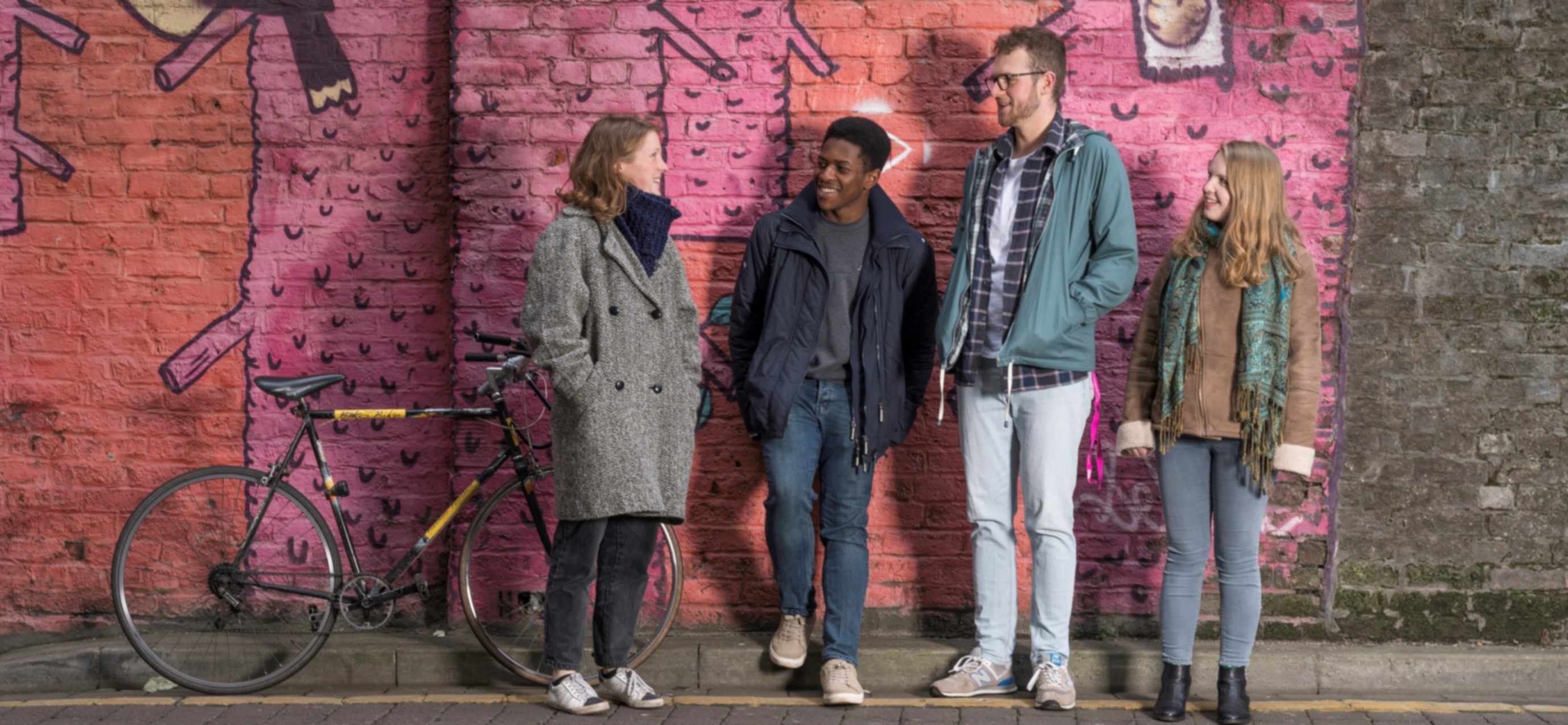
Kirsty, MRes Reproduction and Pregnancy


I’m Kirsty. I’m originally from Southport, and did my undergrad in Biomedical Sciences. I am the first person in my family to do a postgraduate degree. Alongside studying, I have a strong interest in dance and groups sports.
What master’s course are you studying and why?
I’ve recently completed an MRes in Reproduction and Pregnancy, which I progressed to immediately following a BSc in Biomedical Sciences, staying at the same university. My decision to this master’s came from my undergrad final year lab project, which sparked my interest in pregnancy, leading me to begin to consider a career in research. My master’s has allowed me to gain relevant research skills, leading to me getting a place on a PhD next year.
How did you find out about and choose your master’s course?
I found out about my master’s course through my undergrad supervisors. However, I also saw other postgrad courses advertised on our online student portal and during lectures in final year.
Did you go to a postgraduate fair or open day when choosing your course?
I found postgrad fairs very helpful when trying to decide what to do with my degree in final year. It can feel daunting at times! Some master’s courses also offer tours of the department and labs, allowing you to talk to staff members and current students.
Do you have any top tips for applying for master’s study?
Your personal statement is a chance for you to express your passion for the subject, and why you have chosen this course over others. As such, it’s important to tailor your personal statement to each course you apply to. To do this, make sure you have thoroughly researched the course online, and you could even arrange a meeting with supervisors or previous students on the course – they’ll be happy to talk to you.
How have you funded your course?
I funded my master’s firstly with a postgraduate loan, which covered my tuition fees. I also received a master’s bursary from my university, and made up the rest by a part-time job.
What has your experience of master’s study been like?
I have definitely been challenged and faced difficulties, but I do not regret a single moment. I’ve had great support from the university and department, which has really enabled me to develop as a scientific researcher.
What has been the most interesting part of being a postgraduate student?
The most interesting part of my master’s was definitely our research project in second semester. In this we were given the chance to research, design and develop a project within the lab. This involved both challenges when experiments did not go as planned, and elation when exciting results were produced. The research project gave many of us our first glance into what a career in research could entail.
How different is postgraduate study from undergraduate?
In a taught postgrad course, you receive the same support mechanism you have received during undergrad – but are also given the chance to develop your own ideas. For me, undergrad study was more about learning the basics – being able to answer questions with the correct facts and figures. Postgrad is more about evaluating results, interpreting them, and designing the next step.
What have you got involved in beyond your course?
I’ve got involved in public engagement activity – encouraging younger learners to consider higher education. I’ve also maintained a strong involvement within the dance society.
Was there anything you were worried about before you started your course? How did it turn out?
I was slightly worried about going from an exam-assessed course to a coursework-based degree. However, there are many essay-writing workshops available at the University Library to help with this.
What has been the biggest challenge for you in taking a master’s and how did you overcome it?
Time management – organising your time effectively is very difficult. With my course there were many coursework submissions per week, alongside having to plan experiments and write your dissertation. This, coupled with working part-time and any extracurricular activities may seem overwhelming at the start, but being organised makes managing this lifestyle a lot easier.
What skills do you feel you have gained from your PGT course so far?
Time management, communication and presentation skills, data analysis, and producing high quality reports and essays.
What are you planning to do next? Have your future plans changed during your course?
I have been accepted onto a PhD within the same department. Following this, I hope to apply for post-doc positions and continue along the research career pathway.
What top tips would you have for those considering taught master’s study?
Go with what you are most interested in, no matter how competitive. Talk to past students who have done the courses you are interested in.
Get in touch
Email us if you have any questions:
